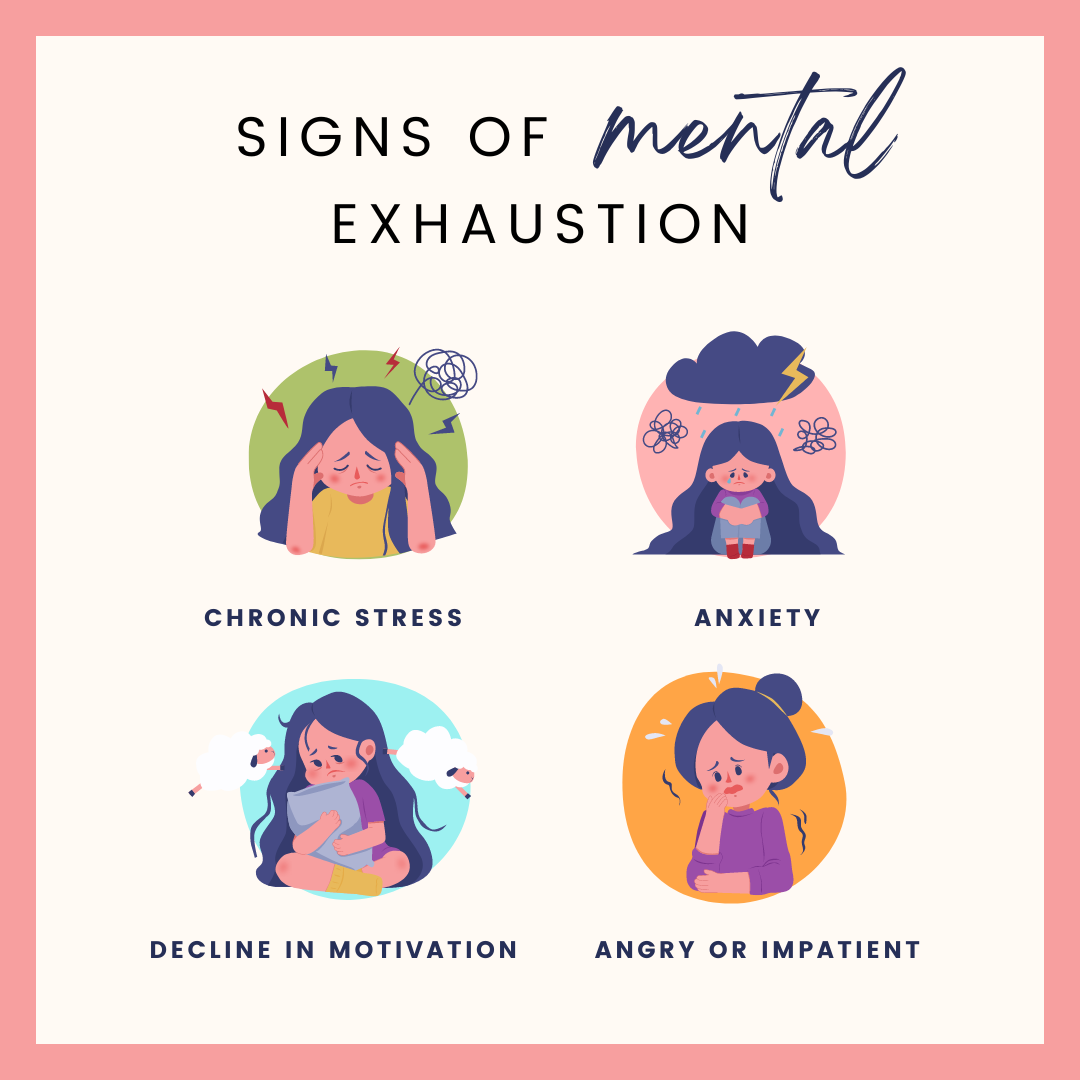Stress is a constant in today’s fast-paced world and can have a serious negative effect on mental health. Many people have a persistent sensation of overwhelm due to the stresses of work, income, relationships, and cultural expectations, which makes them more vulnerable to mental health issues. Anxiety, despair, and burnout are just a few of the mental health conditions that have been connected to prolonged stress.
Adopting proactive stress management techniques is essential to addressing the negative impacts of stress on mental health. Regular exercise has been demonstrated to reduce stress by encouraging the body’s natural mood enhancers, endorphins, to be released.
In a similar vein, mindfulness techniques like deep breathing and meditation can support people in developing a stronger sense of composure and emotional fortitude in the face of pressures.
In addition, minimizing the detrimental effects of stress on mental health requires leading a balanced lifestyle that incorporates enough sleep, a healthy diet, and social support. Consuming a diet high in fruits, vegetables, and whole grains gives the body the vital nutrients it needs to promote emotional stability and brain function. Furthermore, making adequate sleep a priority guarantees that the body and mind have time to rejuvenate and recuperate from everyday challenges.
Another essential component of stress management and mental health promotion is getting help from friends, family, or mental health specialists. Establishing a robust support system can give people Furthermore, therapy or counseling can provide helpful coping mechanisms and methods for handling stress-related problems and fostering emotional resilience.
In conclusion, even though stress is an unavoidable aspect of life, it’s critical to understand how it affects mental health and take proactive measures to effectively manage it. People can develop more resilience and well-being in the face of life’s obstacles by using stress-reduction strategies, adopting good lifestyle choices, and asking for help when they need it.


